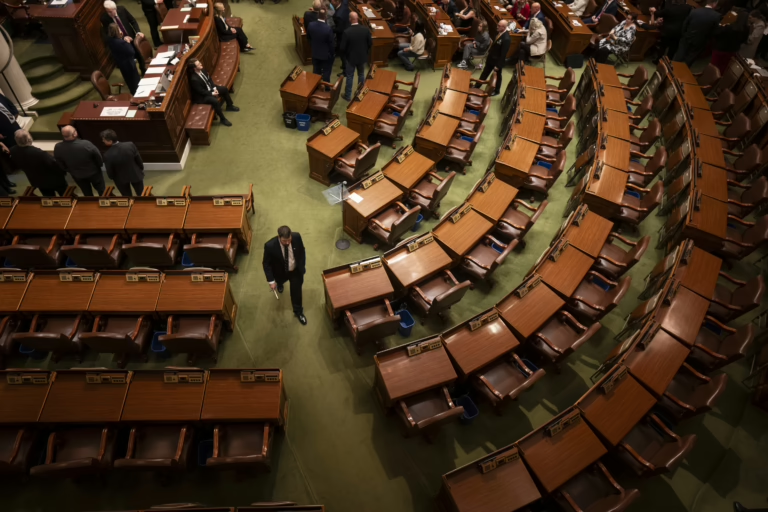News
Great Lakes Commission awarded over $10 million for habitat restoration in Great Lakes Areas of Concern
ANN ARBOR, MI – The Great Lakes Commission (GLC) announced that it has been awarded more than $10 million to fund habitat restoration in the Great Lakes basin. The funding will accelerate projects in the Niagara River and Maumee Areas of Concern (AOCs): the Ralph C. Wilson, Jr. Centennial Park Restoration Project in Buffalo, New York; the Collins Park Restoration Project in Toledo, Ohio; and the University of Toledo Swan Creek Restoration Project, also in Toledo, Ohio.
The funding was awarded as part of a new regional partnership between the GLC and the National Oceanic and Atmospheric Administration (NOAA) to restore Great Lakes coastal habitat, with a focus on areas of historic pollution more formally known as AOCs. This work directly contributes to efforts to remove the Niagara and Maumee Rivers from the list of Great Lakes AOCs.
“This is the fifth time since 2008 that the Great Lakes Commission has been awarded funding for habitat restoration, with over $76 million being directed to priority sites across the basin,” said GLC Chair Todd L. Ambs of Wisconsin. “We appreciate NOAA’s continued support and look forward to working with our federal, state and local partners on these critical projects. Restoring Great Lakes coastal wetlands and riparian areas protects the environment and human health, as well as being a great economic driver for the region.”
To celebrate its new partnership with NOAA, the GLC has released a new video highlighting the benefits of this collaboration. This video was produced by Great Lakes Outreach Media and features key partners. The video can be viewed here.
For more information about the GLC’s habitat restoration work, visit https://www.glc.org/work/habitat.
The Great Lakes Commission, led by chair Todd L. Ambs, deputy secretary of the Wisconsin Department of Natural Resources (retired), is a binational government agency established in 1955 to protect the Great Lakes and the economies and ecosystems they support. Its membership includes leaders from the eight U.S. states and two Canadian provinces in the Great Lakes basin. The GLC recommends policies and practices to balance the use, development, and conservation of the water resources of the Great Lakes and brings the region together to work on issues that no single community, state, province, or nation can tackle alone. Learn more at www.glc.org.


